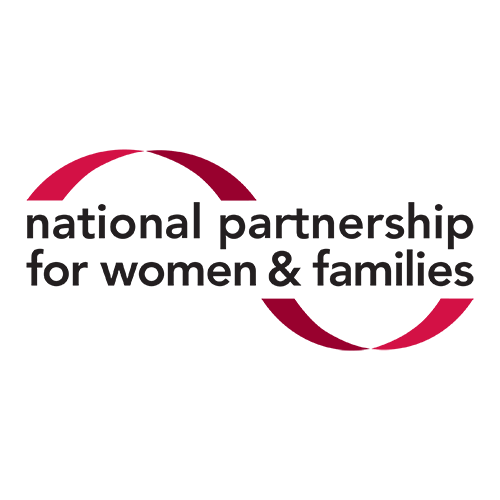Statement of Jocelyn Frye, President of the National Partnership for Women & Families WASHINGTON, D.C. – June 28, 2024 – Today, the Supreme Court upended sound, longstanding, legal precedent that has provided protections for everyday people for decades...

An Impossible Task? Balancing Your (Social) Media Consumption in the Interest of Improved Mental Health
Mental health awareness requires acknowledging that just as we can alter our physical health with our physical choices, everyday, we can make choices that impact the well-being of our thought-life. Not only do we consume media daily just like our food, oftentimes, media consumes us.
As we wrap up Mental Health Awareness Month, it’s time to reevaluate how we engage with media in all its forms.
Community work requires staying in the loop, and citizen journalism by way of social media has proven critical to painting a full picture of any current event. When George Floyd was murdered by Minneapolis police a year ago, it was the footage taken by bystanders, namely, 17-year-old Danielle Frazier, that sparked global protests and fueled further support for the movement against anti-Black police brutality. Social media keeps us connected to what’s going on in our country and in our world.
One of my preferred uses of social media is to engage with BIPOC & women-led organizations and community groups that I might not otherwise have access to. As a resident of suburban New Jersey, many of the organizations I engage with are Philadelphia-based. What I’ve learned by engaging with them is that without these methods of communication, the greater Philadelphia area would have no knowledge of the real day-to-day issues affecting Philly residents, and what we can do to help.
While it’s important to stay engaged, social media can become all-consuming, and I often find that my mind becomes just as strained as my eyes. My first concern whenever I consider breaking from social media, however, is that I’ll be unplugged from current events, and I won’t have access to that critical “people’s perspective” that social media allows for.
So how can we ensure that we’re engaging with the media, and social media, in a healthy way, while staying in the loop? What I’ve learned is that in order to do the work, you need to allow yourself rest from the overstimulation that is social media.
Have on-weeks and off-weeks
One of my most trusted community leaders is Philadelphia-based clinical social worker and sex therapist Sonalee Rashatwar, @thefatsextherapist. Sonalee engages in said on-weeks and off-weeks. They are often highly engaged with their following of 141,000 Instagram users one week, doing Q&As, IG lives, and sharing valuable resources on their Instagram story. The next week, they are logged off. Sonalee has demonstrated that you do not need to be active on your platform daily in order to be a valuable and informative resource to your following.
Have profiles dedicated to different uses
I have a personal Instagram profile that I use to connect with friends, family, and pop culture figures that I enjoy, but I also have a separate account that I use to follow organizers, activists, citizen journalists, news outlets, and local organizations. If I feel like my social media use is getting overwhelming, I might sign out of my personal account, but stay plugged into my news account. Keeping the number of accounts I follow on that account to a minimum is a great way to ensure I’m not spending too much time scrolling.
Criticize your use of each app
Ask yourself what purpose each social media platform serves for you, and if some of these purposes overlap platforms. In doing this myself, I realized that my main use of Snapchat, for example, was to communicate with friends and close acquaintances. I decided that the same people I was contacting through Snapchat could be easily, and often more intentionally, contacted through iMessage or Facetime. In order to lessen my social media use, I deleted Snapchat. Which apps can you cut out because their purpose can be served elsewhere?
Step out without your phone
If you’re working online, grab your laptop and leave the phone behind for however long your circumstances allow. The voice in my head often says, “well, I’ll be on my laptop anyway, so I might as well bring my phone,” but leaving your phone behind can be liberating, and even help you increase your productivity. My favorite feature on my MacBook is the ability to iMessage on it; this allows me to have access to my texts if necessary, but to leave the black hole that is my phone behind.
—
There are other ways to better regulate your screen time: set screen time limits, establish phone-free times of day, and turn off all unnecessary notifications that pull you in. Minaa B., licensed psychotherapist and @minaa_b on Instagram, says, “When talking about self-care, massages and candle lit baths are great, but those practices won’t be effective if the real self-care you need is erecting boundaries, practicing solitude, or holding yourself accountable.”
If I’ve learned anything from the incredible community leaders I get to learn from for free, it’s this: rest and disconnection are radical. You cannot commit to the work without prioritizing your mental health. You cannot do the work without allowing yourself to rest.

